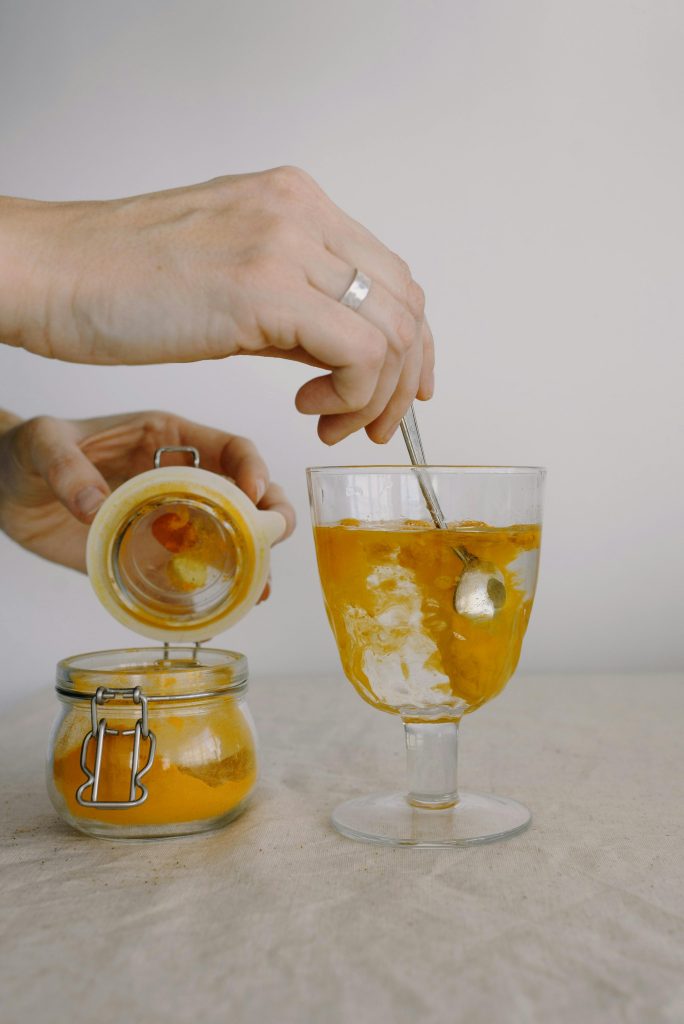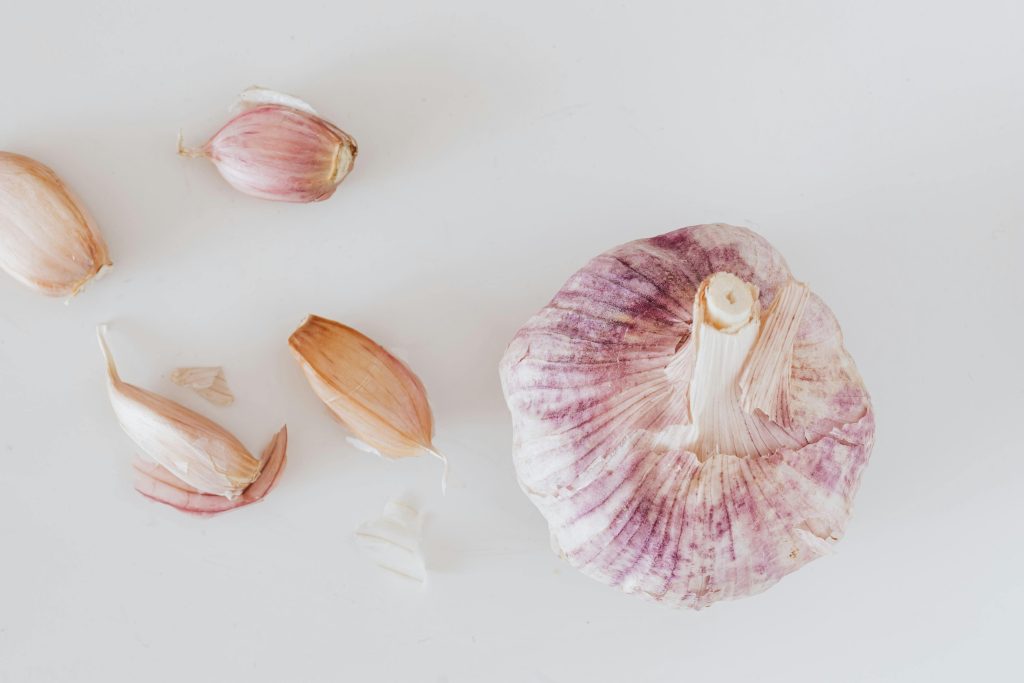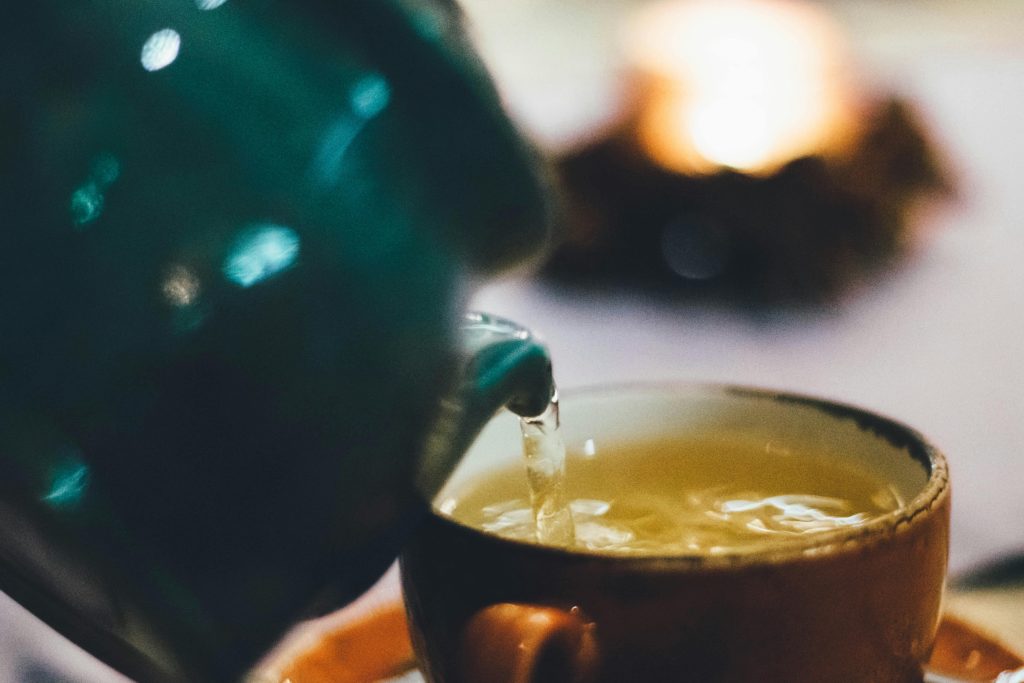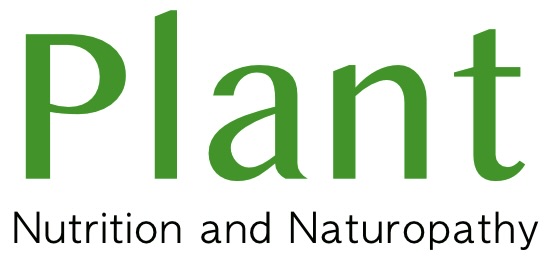Boost Your Immunity Naturally
Our immune system is like our body’s personal defence army, always working to protect us from harmful invaders like viruses, bacteria, and other pathogens. While eating a balanced diet and staying active are important for immune health, many people are turning to herbal medicine as a natural way to give their immune system a boost.

Herbal medicine uses plants and plant extracts to improve health and prevent illness. Certain herbs have been used for centuries in traditional medicine to help strengthen the immune system.
How Herbal Medicine Supports Immunity
Herbal medicine works in a variety of ways to support your immune system. Some herbs have antioxidant properties that help fight off harmful free radicals in the body. Others have anti-inflammatory effects that can reduce the strain on the immune system. Some herbs even contain compounds that help stimulate immune cells, making your body better equipped to fight infections.
Popular Herbs for Immune System Support
Echinacea (Echinacea Purpurea/Echinacea angustifolia)
Echinacea is one of the most well known herbs used to support the immune system. It’s commonly taken at the first sign of illness to help prevent or reduce the duration of a cold. Studies suggest that Echinacea may enhance the activity of white blood cells, which are crucial for fighting off infections (Sharma et al., 2017). It’s thought to stimulate immune function and reduce inflammation, which helps your body respond more quickly to pathogens
Elderberry (Sambucus nigra)
Elderberry, from the dark berries of the elder tree, is another powerful immune booster. Elderberry has been shown to help reduce the severity and duration of colds and flu, likely due to its high content of antioxidants, particularly flavonoids. These compounds may help fight free radicals and reduce inflammation (Krawitz et al., 2016). Some research also suggests that elderberry can help block the viruses that cause flu and other viral infections.
Astragalus (Astragalus membranaceus)
Astragalus is an herb used in traditional Chinese medicine for centuries to improve overall immune function and increase resistance to illness. This herb is believed to stimulate the production of white blood cells and enhance their ability to fight infections. It’s also thought to have antiviral and anti-inflammatory properties that can further support the immune system (Li et al., 2019).
Ginger (Zingiber officinale)
Ginger isn’t just a tasty spice for cooking—it’s also a powerful herb with immune-boosting properties. Ginger contains gingerol, a compound that has strong antioxidant and anti-inflammatory effects. It may help reduce inflammation in the body, which, in turn, allows the immune system to function more efficiently (Buss et al., 2005). Additionally, ginger can aid digestion and support overall gut health, which is important because a large portion of the immune system resides in the gut.

Garlic (Allium sativum)
Garlic is another herb with powerful immune-enhancing properties. It contains compounds such as allicin, which have been shown to have antimicrobial and antiviral effects (Rahman & Lowe, 2006). Garlic may help your body fight infections, and it has been used historically to prevent the common cold and flu. Eating garlic regularly may also help reduce inflammation, support heart health, and improve circulation.
Andrographis (Andrographis paniculata)
Andrographis is an herb used in traditional medicine, especially in Asia, for its ability to reduce symptoms of the common cold and other respiratory infections. It is thought to boost the immune system by stimulating the production of immune cells and increasing the body’s defense against viruses and bacteria. Research suggests that Andrographis can reduce the severity and duration of colds, as well as improve respiratory function (Wang et al., 2014).
Turmeric (Curcuma longa)
Turmeric, known for its bright yellow colour, contains an active compound called curcumin, which has potent anti-inflammatory and antioxidant properties. Curcumin may help reduce inflammation in the body, which helps improve immune function. Studies also suggest that turmeric can boost the activity of certain immune cells, such as T-cells, which play a key role in defending against infections (Kunnumakkara et al., 2017).
How to Use These Herbs
There are several ways to incorporate immune-boosting herbs into your routine:
Herbal teas: Many of these herbs, like Echinacea, ginger, and elderberry, are available as teas. Brewing them into a warm cup of tea is a simple and soothing way to enjoy their benefits.

Supplements: If you prefer not to drink herbal teas, you can find most of these herbs in supplement form—such as capsules, tablets, or liquid extracts.
Fresh or dried herbs: Garlic, ginger, and turmeric can be added to your meals. Try incorporating these herbs into soups, stews, curries, and smoothies.
Tinctures: Tinctures are concentrated herbal extracts that can be taken directly or added to water or tea. Many of these herbs, like astragalus and Echinacea, are available as tinctures.
Important Considerations
While herbal medicine is a natural way to support your immune system, it’s important to remember that herbs can interact with medications and may not be suitable for everyone. Always speak with a healthcare provider before adding new herbs or supplements to your routine, especially if you are pregnant, breastfeeding, or taking medications for chronic health conditions.
As always, a balanced diet, adequate sleep, regular exercise, and stress management are key factors in supporting your immune system. Herbal medicine can be an effective addition to these healthy habits.
References
Buss, R. M., Fried, T. A., & O’Connell, M. (2005). Ginger: A powerful herb for reducing inflammation and supporting the immune system. Phytotherapy Research, 19(4), 273-276. https://doi.org/10.1002/ptr.1630
Krawitz, C., Bach, M., & Berenbaum, F. (2016). Elderberry: A potent antioxidant for immune support. Journal of Antimicrobial Chemotherapy, 71(6), 1563-1569. https://doi.org/10.1093/jac/dkw122
Kunnumakkara, A. B., & Aggarwal, B. B. (2017). Turmeric and curcumin in health and disease. Advances in Experimental Medicine and Biology, 995, 227-245. https://doi.org/10.1007/978-3-319-54460-3_11
Li, X., Zhang, Q., & Li, X. (2019). Astragalus: Immunity-boosting properties. Phytomedicine, 60, 152877. https://doi.org/10.1016/j.phymed.2019.152877
Rahman, K., & Lowe, G. M. (2006). Garlic and cardiovascular disease: A critical review. Journal of Nutrition, 136(3), 804S-811S. https://doi.org/10.1093/jn/136.3.804S
Sharma, M., Lin, X., & Sen, S. (2017). Echinacea and immune health: A systematic review. Phytotherapy Research, 31(5), 717-729. https://doi.org/10.1002/ptr.5881
Wang, Z., Zhang, Z., & Zhang, L. (2014). Andrographis and immune function: Evidence from clinical trials. Journal of Ethnopharmacology, 153(2), 460-465. https://doi.org/10.1016/j.jep.2014.03.040
